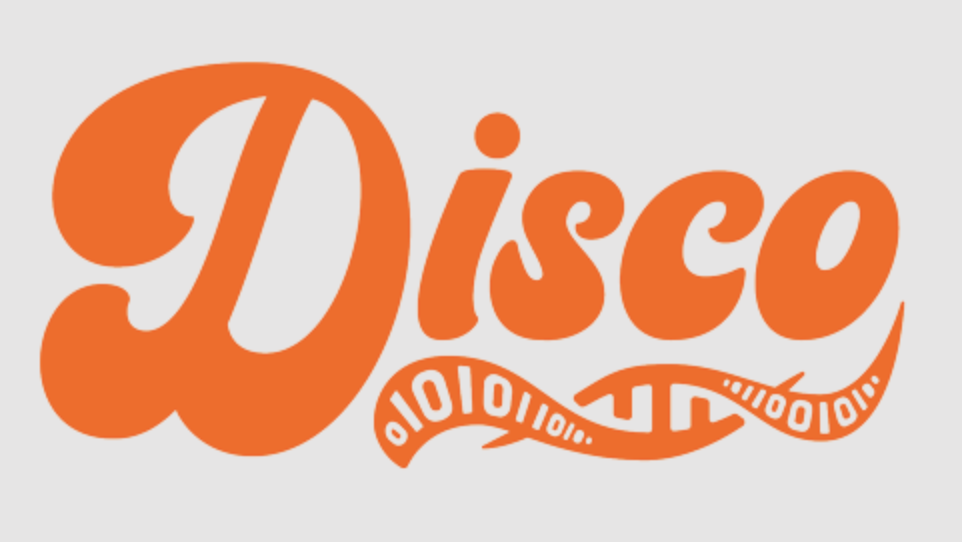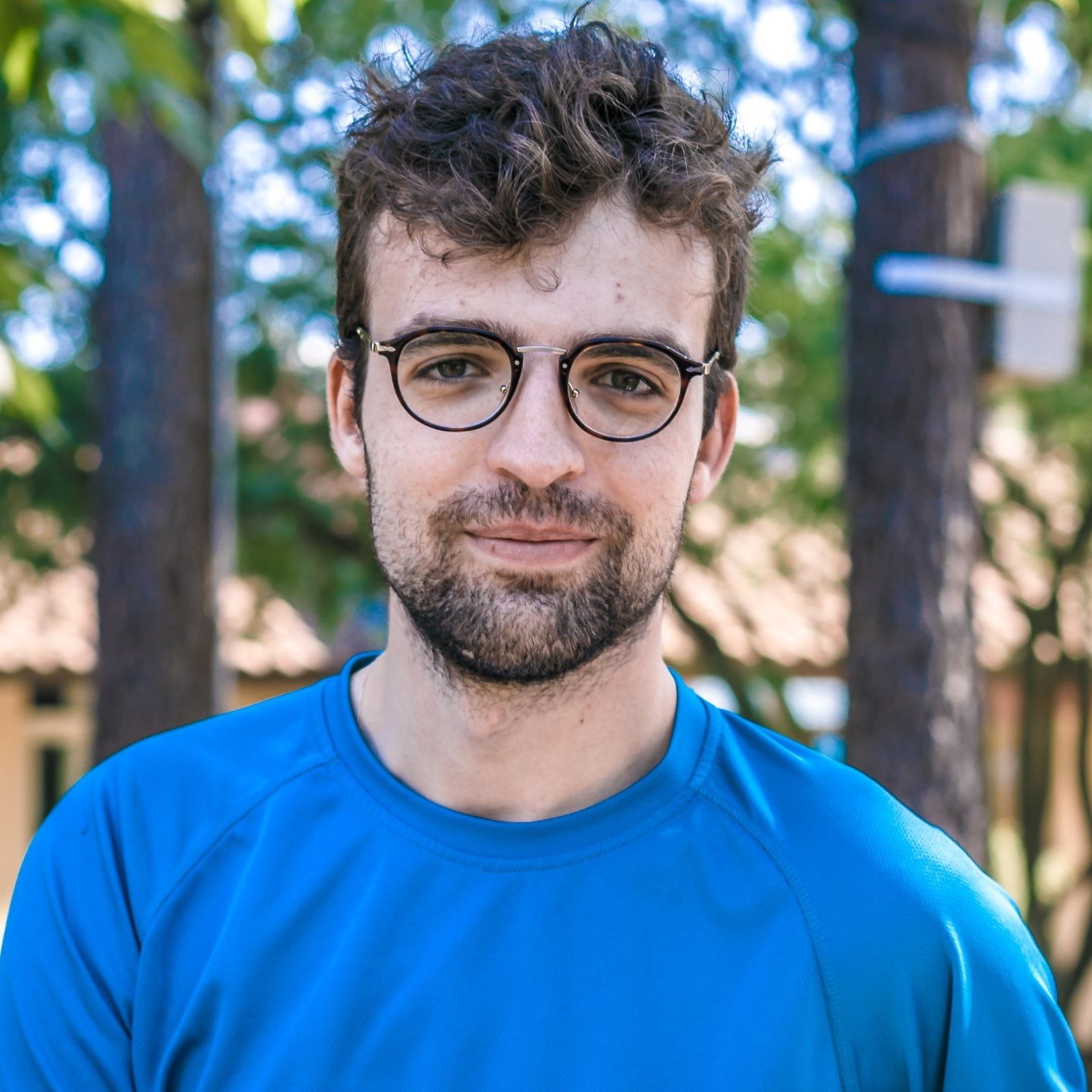My research focuses on the fields of theoretical computer science and DNA-nanotechnologies.
In theoretical computer science, I am interested in the study of models of computation, in particular, Turing machines and tilings (algorithmic tile assembly). I have focused on studying simple systems (e.g. small Turing machines or tile assembly with small tile sets) that exhibit complex dynamics such as the busy beaver problem and the Collatz function. I created the collaborative research platform bbchallenge.org which aims at finding the 5th Busy Beaver value – more info. Mission accomplished!
In DNA-nanotechnologies, I have focused on implementing and testing models of computation in the wet lab. In particular, I have been interested in using DNA origami and strand displacement systems in order to achieve computation at thermodynamic equilibrium. Part of that research also applies to the field of DNA storage which aims at storing digital data on DNA.
My PhD thesis (2018 - 2022) develops a tile assembly model for the Collatz problem and uses that model to build a DNA-based molecular computer that works at thermodynamic equilibrium. This work was supervised by Prof. Damien Woods at Maynooth University, Ireland.
Projects


Publications
The bbchallenge Collaboration. Determination of the fifth Busy Beaver value. 2025. (arxiv preprint) (repo)
T. Stérin, A. Eshra, J. Adio, C. G. Evans, D. Woods. A Thermodynamically Favoured Molecular Computer: Robust, Fast, Renewable, Scalable. 2025. In Review. (bioarxiv)
T. Stérin and D. Woods. Hardness of Busy Beaver Value BB(15). Preprint. In: Kovács, L., Sokolova, A. (eds) Reachability Problems. RP 2024. Lecture Notes in Computer Science, vol 15050. Springer, Cham. (paper) (arxiv) (simulator) (code) (DOI)
M. Cook, T. Stérin and D. Woods. Small tile sets that compute while solving mazes. DNA 27: Proceedings of the 27th International Conference on DNA Computing and Molecular Programming. LIPIcs, Schloss Dagstuhl-Leibniz-Zentrum für Informatik. 205:8:1–8:20, 2021. (LIPIcs) (arxiv, full text) (simulator) (slides) (bibtex) (DOI)
T. Stérin and D. Woods. The Collatz process embeds a base conversion algorithm. RP 2020: Proceedings of the 14th International Conference on Reachability Problems, (Paris, France, October 19–21, 2020). pp 131-147. 2020. (arxiv) (simulator) (slides) (bibtex) (DOI)
T. Stérin. Binary expression of ancestors in the Collatz graph. RP 2020: Proceedings of the 14th International Conference on Reachability Problems, (Paris, France, October 19–21, 2020). pp 115-130. 2020. (arxiv) (code) (slides)(bibtex) (DOI)
D. Doty, B. Lee and T. Stérin. scadnano : A browser-based, easily scriptable tool for designing DNA nanostructures. DNA 26: Proceedings of the 26th International Conference on DNA Computing and Molecular Programming. 2020. (arxiv) (software) (code) (bibtex) (DOI)
T. Stérin and D. Woods. Limitations on counting in Boolean circuits and self-assembly. Preprint. 2020. (arxiv)
T. Stérin, N. Farrugia and V. Gripon. RNNs: An Intrinsic Difference Between Vanilla And GRU Models. COGNITIVE@IARIA, Athens, Greece, February 19-23. 2017. (paper) (code)
Software
A fundamental aspect of my approach to research is the need to systematically write software that allows me to creatively explore the research topic at hand, guide my intuition, and be more efficient. Here are some of the software that I developed for my research:
coreli
: the Collatz Research Library, a Python library implementing most of my research on Collatz.simcqca
: a C++ simulator for the Collatz Quasi Cellular Automaton (CQCA). See paper.bbsim
: an online Turing machine simulator featuring Erdős’ conjecture machines. See paper.bbchallenge
: an online collaborative platform dedicated to solving the conjecture BB(5) = 47, 176, 870.cosmix
: a Python library for automatically producing wet lab mixes for algorithmic DNA origamis.
Talks
Le cinquième nombre Busy Beaver. October 27th 2025. Collège de France. YouTube (slides)
Coq proof of the fifth Busy Beaver value. June 9th 2025. Types 2025. (slides) (links)
Formal verification of the 5th Busy Beaver value, joint talk with Maja Kądziołka, March 13th 2025. (video) (slides, part 1) (interactive slides, part 2)
Algorithmic DNA origami: Scaffolded DNA computation in one and two dimensions, joint talk with Abeer Eshra, August 9th 2022, at the 28th International Conference on DNA Computing and Molecular Programming, in Albuquerque, New Mexico.
6 tiles, April 6th 2022, invited talk at Turku University in Finland. (slides)
Small tile sets that compute while solving mazes, September 16th 2021, at the 27th International Conference on DNA Computing and Molecular Programming, online event.
Waiting for Gödel, March 2nd 2021, Hamilton Student Seminar Series. (talk) (abstract) (slides)
Tales of the Collatz process in binary, ternary and senary, October 20th 2020, at the 14th International Conference on Reachability Problems, online event. (talk) (slides)
The Multiple Faces of Entropy, August 26th 2019, Hamilton Postgrad Seminar. (slides)
On the computational power of 6-bit iterated Boolean gate arrays, September 24-28, 2017. Best Poster Award (poster)



